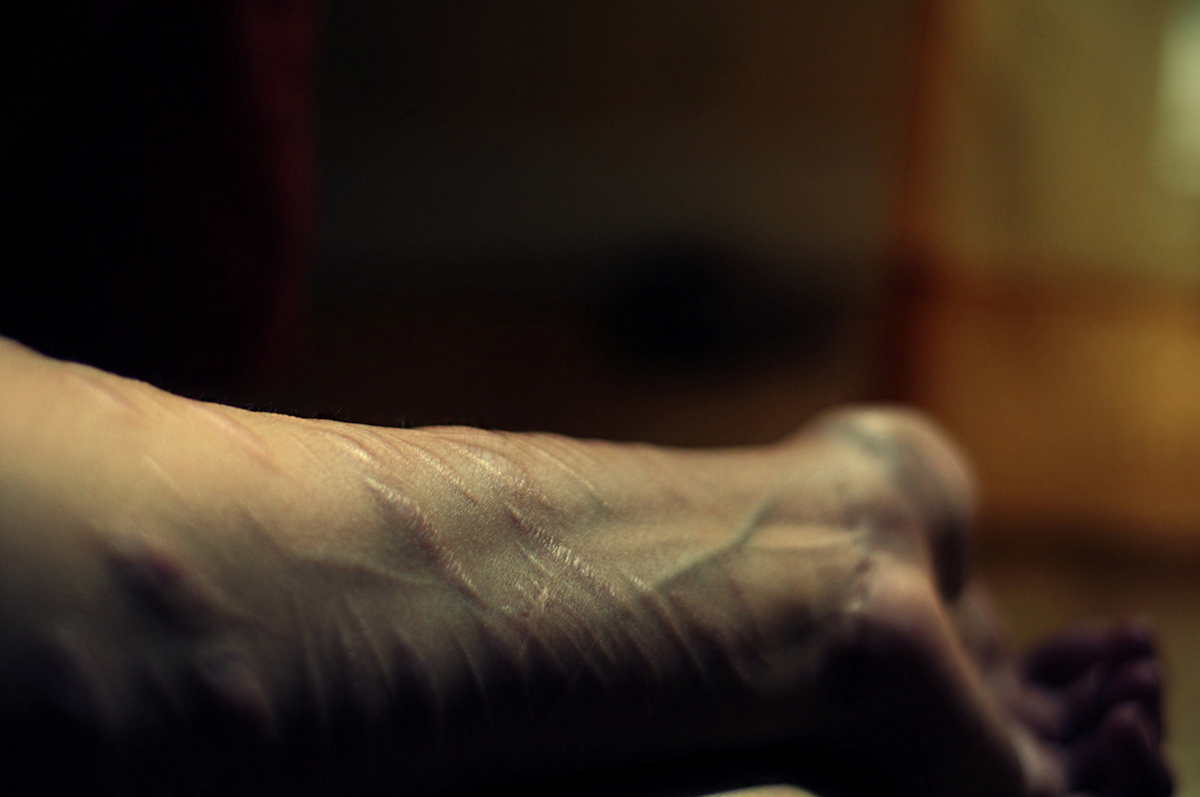Table of Contents
There is no medication specifically for borderline personality disorder. People who have this condition are usually sane, and do not, usually, require custodial care. People who have the condition often know something is wrong but do not know what. They may become so afraid of abandonment that they become suicidal, but if they have constant access to social interaction — often by taking care of other people who are also in desperate need — they usually manage to plod through life, staying housed, clothed, and fed, but never really successful.

In the late 1980's, psychologist Marsha M Linehan developed a method of counseling called dialectical behavior therapy as a kind of talk therapy for people who have borderline personality disorder. In this method, it is necessary for the patient to have enough insight to realize some kind of psychological help is necessary, but the therapist can help the patient develop the skills for coping with mood swings and impulses to avoid destroying work, family, and social relationships.
Dialectical behavior therapy is:
- Supportive. It helps people recognize their inner strengths, talents, and value, to accept themselves, making it easier to believe that others will accept them, too.
- Cognitive. It helps people think through the events that cause them distress and put them into distress. People who have borderline personality disorder often are upset about becoming upset. The therapist helps patients understand that extremes of emotion are simply part of their basic makeup, and that they can make choices that over the long run make their lives easier.
- Collaborative. Patients work out their problems in relationships with their therapists, and therapists do the same with them. Patients are also recommended to groups for discussion of their problems in relating to others.
Dialectical behavior therapy may be used with or without prescription medications. It is often recommended for people who have a tendency to self-harm, whether cutting, overeating, anorexia, extreme exercise, penitential punishments, suicidal ideas, or suicide attempts.
Therapists have also begun using dialectical behavior therapy as a treatment for binge eating. Binge eating is the consumptive of a large amount of food over a short period of time, impulsively, with a felling of being out of control. In treating binge eating, dialectical behavior therapy is a kind of guided self-help, with opportunities to meet in groups to understand motivations and methods for avoiding future binge eating episodes.
See Also: Individualized Anxiety-Management: Finding Out What Works For You
Is dialectical behavior therapy something that could help you? You don't necessarily have to have borderline personality disorder or a binge eating disorder to benefit from meeting with a therapist and joining a group. Dialectical behavior therapy, however, is oriented toward solving problems. It is not a technique for getting over childhood trauma, or for gaining insight into your personality.
If you were “crazy,” your therapist would not offer you dialectical behavior therapy. It is not a method of treating people who suffer a psychosis. However, if you are suffering from lifetime patterns that do not work for you, dialectical behavior therapy is the method you may be able to use to overcome them.
- Gratz KL, Roemer L. Multidimensional assessment of emotion regulation and dysregulation: Development, factor structure, and initial validation of the Difficulties in Emotion Regulation Scale. J Psychopathol Behav Assess. 2004.26:41–54. doi: 10.1023/B:JOBA.0000007455.08539.94.
- Wallace LM, Masson PC, Safer DL, von Ranson KM. Change in emotion regulation during the course of treatment predicts binge abstinence in guided self-help dialectical behavior therapy for binge eating disorder. J Eat Disord. 2014 Dec 11. 2(1):35. doi: 10.1186/s40337-014-0035-x. eCollection 2014. PMID: 25516798.
- Photo courtesy of schnappischnap via Flickr: www.flickr.com/photos/schnappischnap/8970209474
- Photo courtesy of 3 0 d a g a r m e d a n a l h u s via Flickr: www.flickr.com/photos/-dear-diary/7478758602


Your thoughts on this